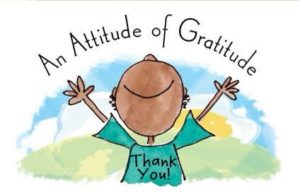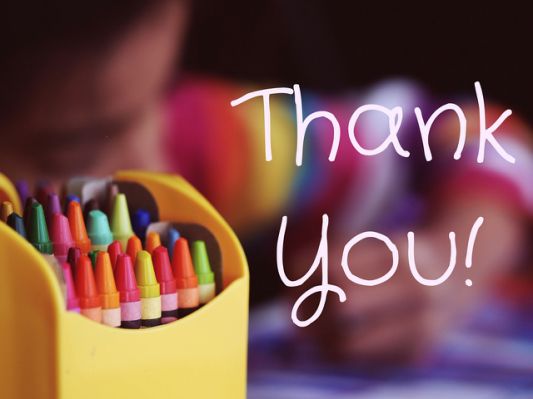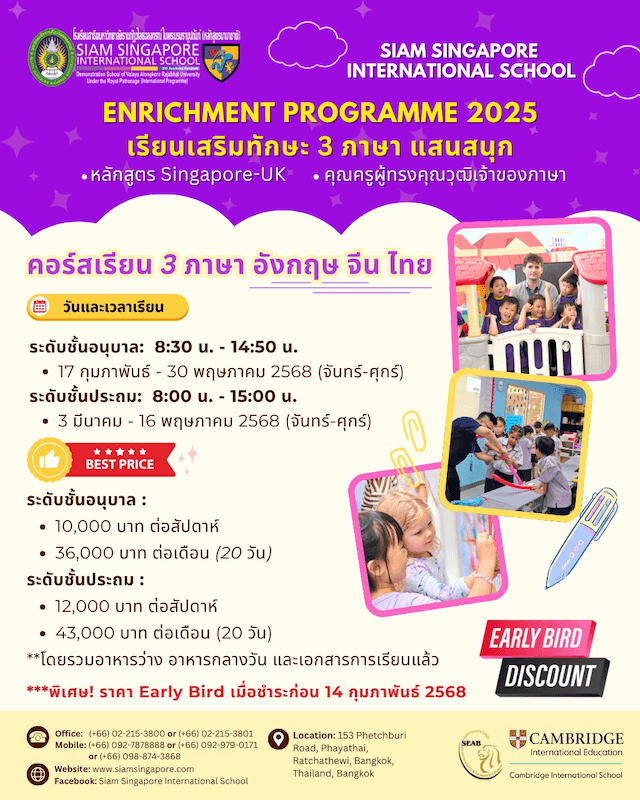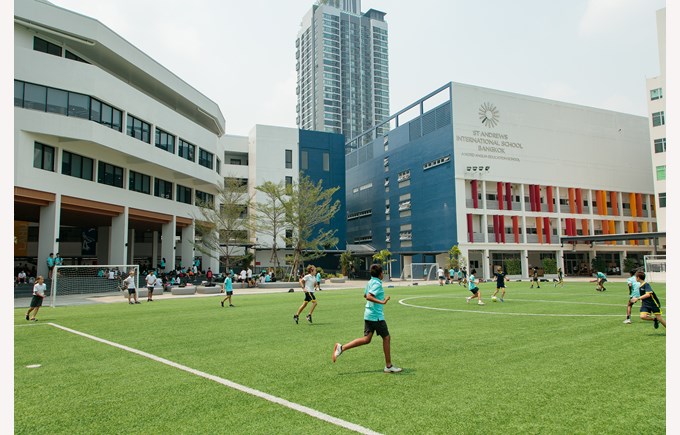A simple Christmas Thank you.
Think back to your childhood. Did your parents insist on you writing thank you notes? If so, how did you feel about it?
If my grandmother didn’t receive my handwritten note of thanks within a week of sending me a gift, I could expect a phone call: “I mailed you something,” she’d say expectantly. “Did you get it?”
What she really meant, of course, was, “Are you going to thank me for it?”
I recall as a child, like most, being taught the importance of ‘please’ and ‘thank you’ until it was engraved in my mind but my parents went one step further and always encouraged me to write thank you notes. I’ll admit I found this a chore and hated it with a passion and sometimes couldn’t even remember who the gift was from or what it was! However, on becoming an adult I thanked my parents as this task turned into a grateful practice and made me think about those unexpected small gifts I received and never knew I wanted.
| “Dear Aunty Mable, thank you so much for the Christmas sweater, it |

Christmas is a time when often it’s all about one thing – the gifts! Parents, grandparents, aunts and uncles can fret for weeks about how to outdo last year’s gift, or compete with each other for the season’s most prized present. Sometimes you are rewarded with squeals of delight on Christmas morning, other times it’s the “Oh…that’s nice.” Or worse, “Guess what Tommy’s dad got *him* for Christmas?!”
Now that the wrapping has been recycled and the obligatory Facebook photos are posted, are you a parent who encourages (or makes) your child send thank you cards? Or perhaps your older children now do this more independently.
Saying thank you in whichever form, is just good manners. Thank you for a gift, a lunch or dinner is just the right thing to do. It sometimes seems that manners are teetering on the edge of extinction, especially in the face of fast moving technology where children are growing up thinking an emoji can do the duty of a sincerely expressed sentiment. But can it? Does that really suffice as a thank you? While social media, texting etc., are relevant, it’s the action of gratitude that’s the most important part so that’s at least a start! However, the art of the handwritten note, to express gratitude properly requires a little effort but goes a long way and the only way our children will see the value of this, is when we as parents model this behaviour.

I have suffered long hours with all my children as they moaned and complained about writing a thank you note for a Christmas gift, a birthday treat or even a university recommendation. When my eldest was once praised as being ‘the girl who wrote the thank you note,’ the penny finally dropped and I had won at least one of them over!
It can be a chore but like all skills we strive to impart on our kids it’s a vital one. If you want to stand out, to be more polished, probably the easiest thing you can do is to acquire the skill of writing thank-you notes particularly in the education and employment arena.
Try to make writing thank you cards a fun experience, let your children choose or draw their own cards, let them suggest ideas on what they want to say, let them use glitter or stickers so they feel in control of how they individually want to express their gratitude. It’s too easy to impart our own ideas and words onto our children so let them tell Aunty Pat that “the gift made me laugh, thank you” or “I liked the play dough but it smelt like my dad’s feet!” Remind them that the thank you note should recapture the smile that they felt on receiving the gift.
With older teens the thank you note can be a source of struggle, one idea is to allow them to design and print their own thank you cards or paper so they can just write a one line note, it doesn’t matter how short; it’s the action of gratitude that is the key. Check out Sunnyday family who have a great selection of kids free printable thank you cards and notes.

Teaching the importance of gratitude and modeling this behaviour to our children is a valuable life skill, never underestimate the importance of a simple ‘thank you.’ Huge amounts of research has been done on how being grateful on a daily basis can actually change the way your brain behaves.
Further, studies reveal a strong correlation between gratitude and emotional wellbeing. Research by the Youth Gratitude Project found that compared to their less grateful peers, grateful 11 to 13 year olds are happier, have better social support, are more satisfied with their school, family, community, friends, and themselves. They also give more emotional support to others. Grateful teens (aged 14 to 19) are more satisfied with their lives, have higher GPAs, are more engaged in schoolwork and hobbies and are less envious, depressed, and materialistic. They are also more likely to give back to their society.
So how to raise more grateful kids? Practice what you preach! Children follow examples more than orders. You can keep telling your child to say thank you, but to make it a habit of their own, let them see you showing gratitude to them and others as much as possible. Gratitude is cultivated not commanded. Imagine how you might finish these sentences: “You should be grateful that…” versus “I am grateful that…” The first style is more likely to cultivate fear of punishment than gratitude.
So now the New Year is upon us, it’s time to get the notes and cards off to relatives and friends and start discussing the action of being thankful with our kids.
For more ideas on raising grateful kids check out this great feature on why gratitude is important and the Making Grateful Kids blogs.














